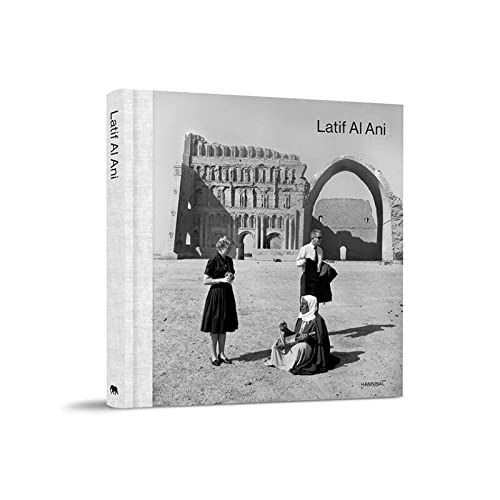
Latif Al Ani
-First complete overview of Latif al Ani's work Latif al Ani (born 1932, Baghdad) is known as the father of Iraqi photography. He was the first to capture cosmopolitan life in Iraq from the 1950s to the '70s. His black and white images represent a unique visual archive of the country during its 20th-century heyday. Al Ani photographed Iraq's vibrant culture in all its abundance and complexity; as well as documenting the country's westernised everyday life, political culture and industry, he also captured images of Iraq from the air for a British-owned oil company. Later, under Saddam Hussein's oppressive regime, Al Ani ceased photographing. For a long time, nothing was heard of the artist. Today, his images provide testimony of an era long gone. In 2015 Al Ani was presented with the Prince Claus Award, given annually by the Dutch Royal Family. In the same year he exhibited his work at the Venice Biennale in the Iraq Pavilion. This widely praised exhibition focused on works from the early period of his career and showed how Al Ani saw his country jump impatiently towards modernity while at the same time holding on to its traditions. The publication is introduced by an interview with Latif al Ani by Tamara Chalabi, the president of the Ruya Foundation in Iraq. It also contains an essay by Iranian Morad Montazami, curator of Middle Eastern Art at Tate Modern, London. Montazami puts Al Ani's work into the broader context of the modernization of Iraq, as well as the architecture, archaeology and the development of photography and visual culture in the country. Contents: Interview with Latif al Ani (by Tamara Chalabi); Essay by Morad Montazami